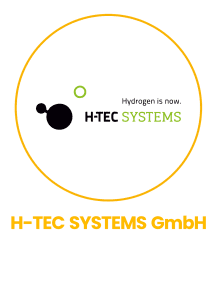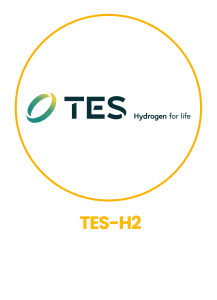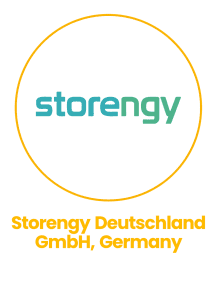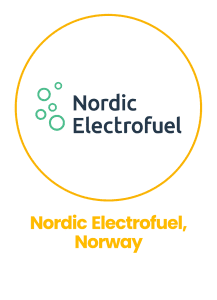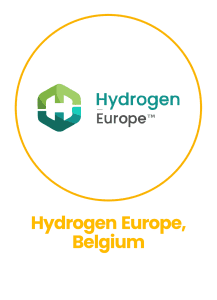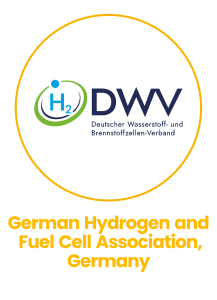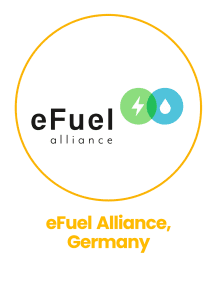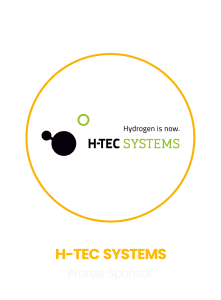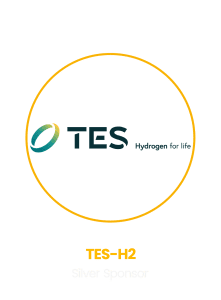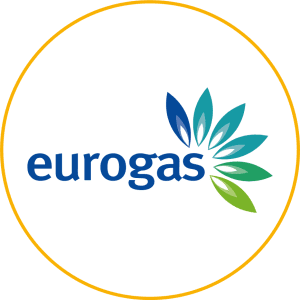The transportation sector is one of the largest contributors to greenhouse gas (GHG) emissions in the world, accounting to almost 30% of total greenhouse gas emissions.
In addition to using biofuels, the EU is now switching its focus toward green hydrogen and the so-called synthetic, e-Fuels which are an essential component of the new climate-neutral economy and will play a key role, particularly in the maritime and air transport, sectors where decarbonization cannot be achieved solely through electrification.
Being a drop-in solution, e-Fuels offer a great advantage of being compatible with the existing internal combustion engines and infrastructure. The amount of e-Fuels needed to fully replace fossil fuels however, would require significant amounts of green H2 to be produced, which can be challenging, especially since the current global capacity of the electrolyzers in use is just 2GW, with more than 400GW of electrolyzers required by the end of the decade, and only 70GW scheduled to be manufactured by then. Another problematic issue is the cost and availability of captured CO2 and the price of the renewable electricity used for electrolysis.
Key drivers to attend the forum:
- Hear the latest regulatory and market developments in the EU, what will be the effect of the IRA on the European hydrogen market and what will be EU’s response to it
- Learn the latest advancements in hydrogen transportation, storage and safety
- Examine what is the better option for the decarbonization of trucks, busses and heavy duty machinery
- Biogenic Co2 vs Industrial Co2 vs Direct Air Capture – How far along is the technology?
- Check the role of e-Fuels (e-methanol, e-kerosene, ammonia) on route to decarbonization
- See the current status and future plans for infrastructure development in marine ports and airports
- Gain a competitive advantage in a rapidly changing business environment
- Unique opportunity to share know-how and grow your professional network




